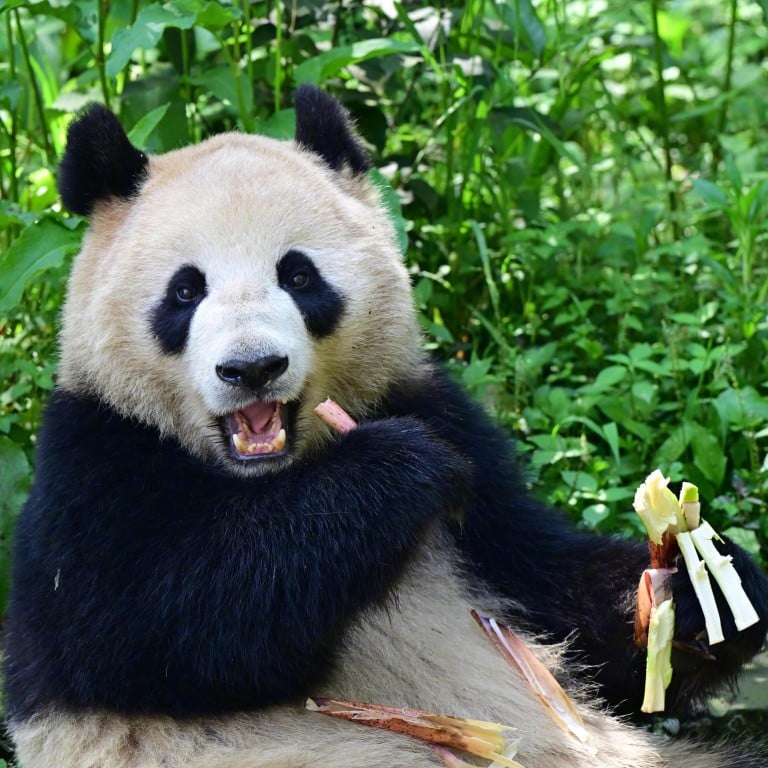
China-US relations: giant panda pair to take up residence in San Diego
- The announcement comes close on the heels of US secretary of state’s meeting with Chinese president
- San Diego Zoo is upgrading its facilities in preparation for the animals
The National Forestry and Grassland Administration said male Yun Chuan and female Xin Bao would make the trip to the US city, accompanied by several Chinese keepers and veterinary surgeons.
Without saying when the giant pandas would leave China, the administration revealed that representatives from the China Wildlife Conservation Association travelled to San Diego Zoo last month to ensure living standards for the animals were met.
It said the zoo was upgrading various venues to “create a larger and more comfortable living environment”.
However Zoo Atlanta is the only US facility still hosting pandas.
Its programme will expire at the end of this year, with all four pandas expected to be returned to China, the zoo said last year.
The return of panda diplomacy: what it suggests about China-US relations
Yun Chuan and Xin Bao were born and raised at the national giant panda research centre in the southwestern province of Sichuan.
The announcement of their new assignment comes just days before two other giant pandas, Jin Xi and Zhu Yu, are expected leave for the Spanish capital of Madrid.
Chinese foreign ministry spokesman Wang Wenbin said on Thursday that their arrival would “boost people-to-people exchanges in the two countries and strengthen the friendship between Chinese and Spanish peoples”.
He added that Spain had hosted giant pandas from China for 40 years, helping to breed six cubs.
China has used giant pandas as a modern diplomacy tool since the 1950s, to soften its image on the global stage and strengthen ties with other countries.
From 1957 to 1982, China donated a total of 23 giant pandas to nine countries: the then Soviet Union, North Korea, the United States, Britain, France, Germany, Japan, Spain and Mexico.
But since 1984, Beijing has offered giant pandas on loan.
The loan agreements typically last for 10 years and can be extended. Hosting zoos pay an annual fee – usually US$500,000 to US$1 million each – to keep the pandas for research and exhibition purposes.
Zoos usually receive a healthy reproductive pair and any cubs born during the loan period are the property of China. The zoo must also pay a “baby tax” of at least US$200,000 to China for each cub. The young pandas must be sent home when they are between two and four years old.


